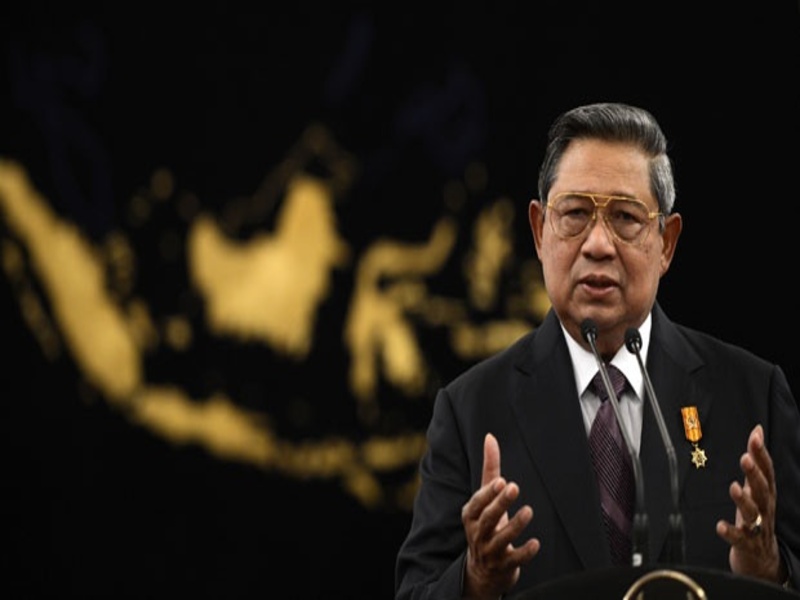
Independent Report – Susilo Bambang Yudhoyono (SBY) served as the sixth President of the Republic of Indonesia for two terms, from October 20, 2004, to October 20, 2014. He recently shared a story about receiving an offer to run for a third term. At that time, some individuals even suggested amending the constitution to make it possible.
SBY revealed that some people encouraged him to stay in power longer. They suggested adjusting the constitution to allow him another term, arguing that he could achieve more with additional time in office. In a special interview with Retno Pinasti, Editor-in-Chief of SCTV-Indosiar, SBY recalled these discussions.
Not only did they urge him to continue, but they also suggested that his late wife, Ani Yudhoyono, run as a presidential candidate. However, both SBY and Ani firmly rejected these proposals. He emphasized that they both stood united in their decision and resolutely said no.
SBY believes that a five-year term provides enough time to lead a country, as long as the leader serves wholeheartedly. He explained that if leaders make wise and effective policies and decisions, even one term is sufficient. He considers ten years in office more than enough.
Also Read : Free Health Check-Up Program: Government Urged to Ensure Effective Implementation
For SBY, serving two terms as President of Indonesia was sufficient to allow new leaders to emerge and continue the nation’s progress. He expressed that he stepped down to ensure a smooth transition of leadership.
SBY also warned against extending presidential terms. He argued that leaders who stay in power too long often experience a decline in creativity, vision, and innovative ideas. According to him, staying in office beyond ten years weakens leadership effectiveness.
Another key reason for his opposition to extending the presidency was the risk of fostering authoritarianism. SBY warned that allowing leaders to serve indefinitely could lead to dictatorship and tyranny. He stated that he made his decision to step down with a clear mind and good intentions.
SBY further reaffirmed that he never considered seeking a third term. Even if lawmakers had amended the constitution to permit it, he would not have accepted the nomination. He stressed that historical records would prove his commitment to democracy. He recalled how, despite movements advocating for an extension, he remained firm in his decision not to run again.
By sharing this story, SBY emphasized the importance of leadership transitions in a democracy. He hoped that his decision would serve as an example for future leaders. He firmly believed that no one should hold onto power indefinitely, as leadership focuses on serving the people, not personal ambition.
Also Read : The Role and Activities of Women in Islam